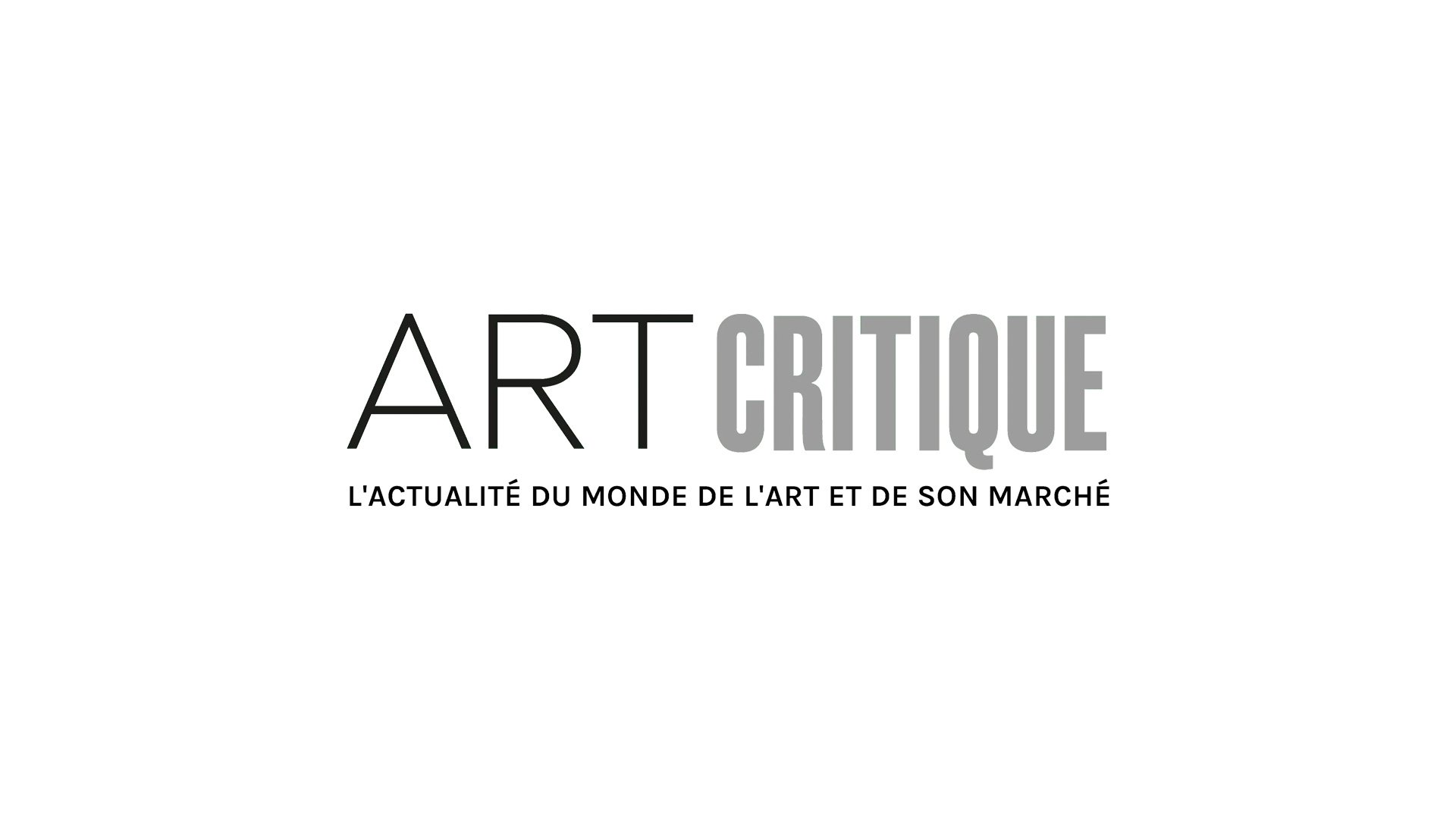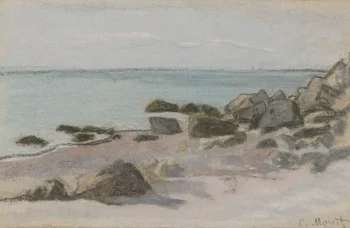Just before a decade of intense auctions that brought in millions and millions wraps up, Sotheby’s New York saw another saleroom record. Just a week before Christmas, a 12-minute bidding battle ensued over a lot with a particularly interesting place in history. Lot 173 of the Fine Books and Manuscripts action was an original manifesto by Pierre de Coubertin that outlined the revival of the Olympic Games. Signed by de Coubertin, the manifesto, titled The Olympic Manifesto, went for $8.8 million and ‘[brought] home the gold’, according to Sotheby’s.
The manifesto was given as a speech by de Coubertin in 1892. De Coubertin, who was an educator, aristocrat, and a huge proponent of athletics, delivered the speech in Sorbonne in commemoration of the French Athletic Association’s fifth anniversary. Though more than 125 years old, his words are still poignant today; it read in part:
‘As for athletics in general, I do not know what its fate will be, but I wish to draw your attention to the important fact that it presents two new features, this time in the series of these secular transformations. It is democratic and international. The first of these characteristics will guarantee its future: anything that is not democratic is no longer viable today. As for the second, it opens unexpected prospects to us. There are people whom you call Utopians when they talk to you about the disappearance of war, and you are not altogether wrong; but there are others who believe in the progressive reduction in the chances of war, and I see no Utopia in this. It is clear that the telegraph, railways, the telephone, the passionate research in science, congresses and exhibitions have done more for peace than any treaty or diplomatic convention. Well, I hope that athletics will do even more. Those who have seen 30,000 people running through the rain to attend a football match will not think that I am exaggerating.’
De Coubertin addressed how changing technologies were advancing civilization and how the Olympics could fit into that progression. His address forever changed the course of the games and just two years after his speech, de Coubertin founded the International Olympic Committee. Another two years later, in 1896, Athens held the first modernized Olympics and the rest is history.
When the 14-page, hand-written manuscript sold, it became the most expensive piece of sports memorabilia purchased at auction. In 2009, a copy of the work was displayed at Copenhagen’s City Hall during the Olympic Congress. Until The Olympic Manifesto went to auction recently, it had never before been exhibited publicly.





